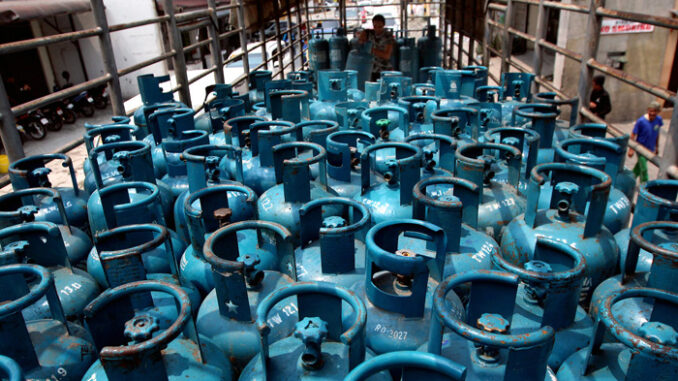
The price of imported liquefied natural gas (LNG) is on the rise, inching to $16 per MMBTu (million British thermal unit), translating to higher electricity prices to the detriment of consumers, the chair of the Senate committee on energy said, as she highlighted the need to prioritize indigenous gas.
Senator Pia Cayetano, chair of the Senate committee on energy and sponsor of Senate Bill 2793, or the Philippine Natural Gas Industry Development Act, made the argument to debunk claims that current LNG prices are lower than indigenous or Malampaya gas.
– Advertisement –
Data from the natural gas market, however, show that Malampaya gas costs only $12.8 per MMBtu, while LNG is at $15.3, inclusive of all regasification and other costs to generate power. LNG prices are expected to go even higher as winter approaches. Senator Sherwin Gatchalian earlier claimed that LNG costs only $10.5 per MMBtu, contrary to actual data.
Cayetano renewed her call to his colleagues to take a patriotic stand in favor of local natural gas resources by passing SB 2793. She said the proposed legislation will ensure that the country will not be dependent on foreign fuel.
“Let’s take a stand. Prioritize indigenous [natural gas]. Support indigenous. And buy indigenous,” Cayetano said. “It ensures a continuous and stable energy supply in the country, even or despite unpredictable events occurring in the global market.”
The senator was referring to the unreliability of supply of imported LNG as a result of conflicts like the Russian invasion of Ukraine, and even adverse weather conditions such as when coal plants suffer downtimes during heat waves and imported LNG vessels unberthing during typhoons.
Cayetano said contrary to Gatchalian’s theories, SB 2793 would incentivize the full exploration and development of the country’s indigenous natural gas resources to address energy security concerns using Filipino gas first.
She lamented that the country’s indigenous gas resources were neglected through the years following the discovery of the Malampaya wells off Palawan province.
She said the proposed law is key to revitalizing indigenous gas exploration which has been nearly abandoned because of the absence of clearcut policies.
“From 150 wells in the 1970s, there have been no additional drilling efforts since 2019. Are we going to let this industry die? Are we going to be dependent on imported natural gas?” she said.
She said indigenous gas is the best energy solution because it is readily available, owned by the Filipino people and is a major source of state revenue, with 60 percent of Malampaya proceeds remitted to the government.
“Simply put, it’s Filipino gas for the Filipino people,” she said.


Be the first to comment